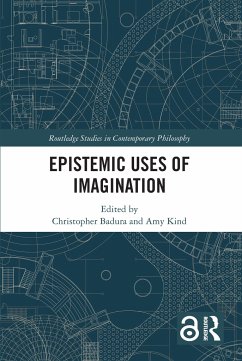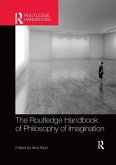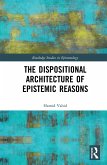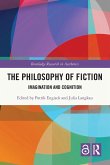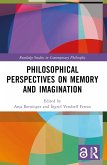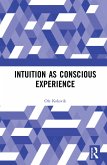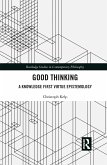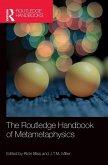This book explores a topic that has recently become the subject of increased philosophical interest: how can imagination be put to epistemic use? Though imagination has long been invoked in contexts of modal knowledge, in recent years philosophers have begun to explore its capacity to play an epistemic role in a variety of other contexts as well.
In this collection, the contributors address an assortment of issues relating to epistemic uses of imagination, and in particular, they take up the ways in which our imaginings must be constrained so as to justify beliefs and give rise to knowledge. These constraints are explored across several different contexts in which imagination is appealed to for justification, namely reasoning, modality and modal knowledge, thought experiments, and knowledge of self and others. Taken as a whole, the contributions in this volume break new ground in explicating when and how imagination can be epistemically useful.
Epistemic Uses ofImagination will be of interest to scholars and advanced students who are working on imagination, as well as those working more broadly in epistemology, aesthetics, and philosophy of mind.
Chapters 6 and 12 of this book are freely available as downloadable Open Access PDFs at http://www.taylorfrancis.com under a Creative Commons Attribution-Non Commercial-No Derivatives (CC-BY-NC-ND) 4.0 license.
In this collection, the contributors address an assortment of issues relating to epistemic uses of imagination, and in particular, they take up the ways in which our imaginings must be constrained so as to justify beliefs and give rise to knowledge. These constraints are explored across several different contexts in which imagination is appealed to for justification, namely reasoning, modality and modal knowledge, thought experiments, and knowledge of self and others. Taken as a whole, the contributions in this volume break new ground in explicating when and how imagination can be epistemically useful.
Epistemic Uses ofImagination will be of interest to scholars and advanced students who are working on imagination, as well as those working more broadly in epistemology, aesthetics, and philosophy of mind.
Chapters 6 and 12 of this book are freely available as downloadable Open Access PDFs at http://www.taylorfrancis.com under a Creative Commons Attribution-Non Commercial-No Derivatives (CC-BY-NC-ND) 4.0 license.
"This is a stunning and original collection of essays on imagination. It will advance discussions in epistemology, aesthetics, metaphysics, philosophy of mind, and even philosophy of science."
Neil Van Leeuwen, Georgia State University, USA
"Any one who has a serious interest in the epistemology of imagination and its epistemic uses stands to benefit from this great collection of essays. Showing both the range of topics where imagination is relevant as well as pointing out novel connections and subtle distinctions, this edited volume will be of interest both to philosophers who are starting to work on this topic as well as to those who have been working on imagination for a long time."
Tom Schoonen, The Philosophical Quarterly
Neil Van Leeuwen, Georgia State University, USA
"Any one who has a serious interest in the epistemology of imagination and its epistemic uses stands to benefit from this great collection of essays. Showing both the range of topics where imagination is relevant as well as pointing out novel connections and subtle distinctions, this edited volume will be of interest both to philosophers who are starting to work on this topic as well as to those who have been working on imagination for a long time."
Tom Schoonen, The Philosophical Quarterly

